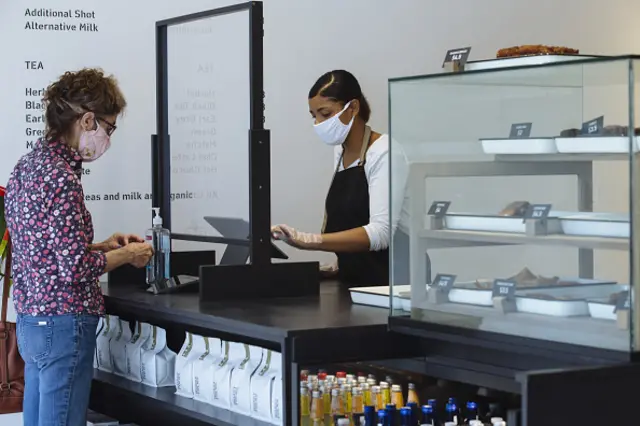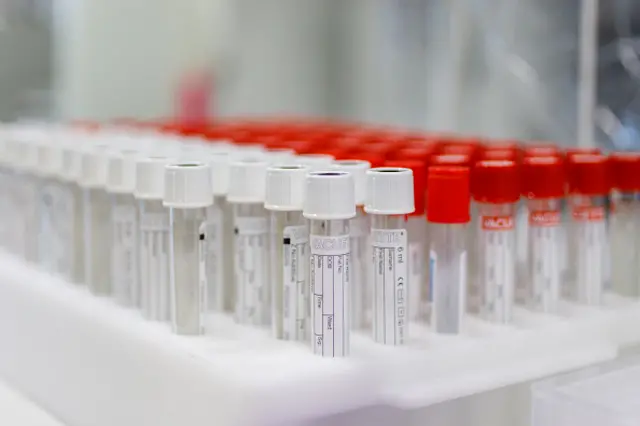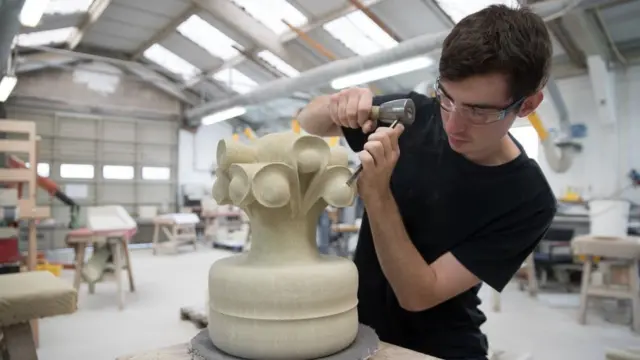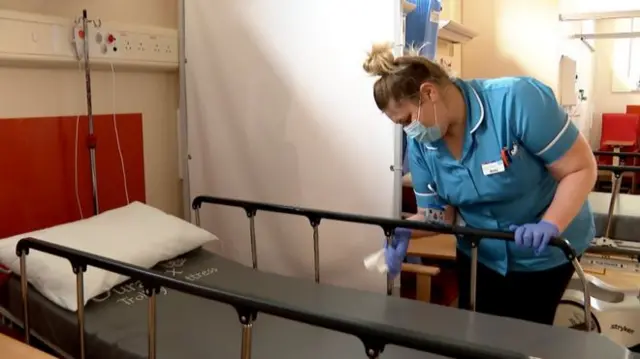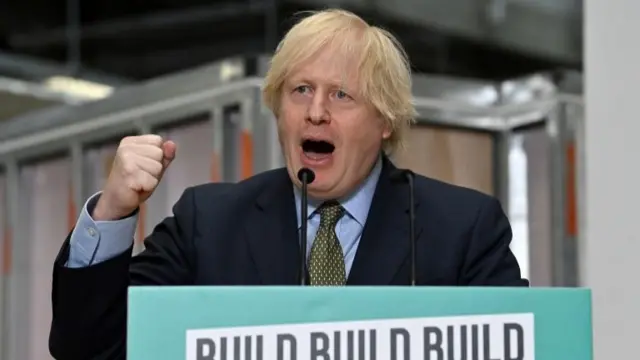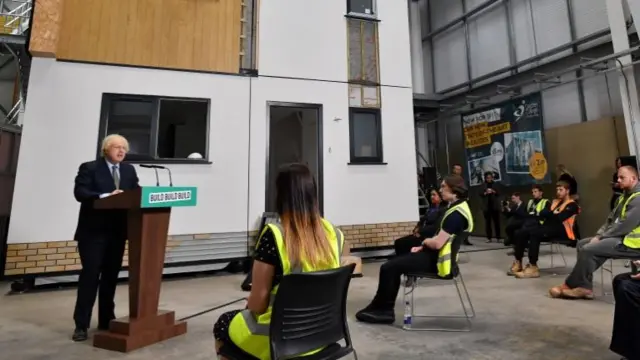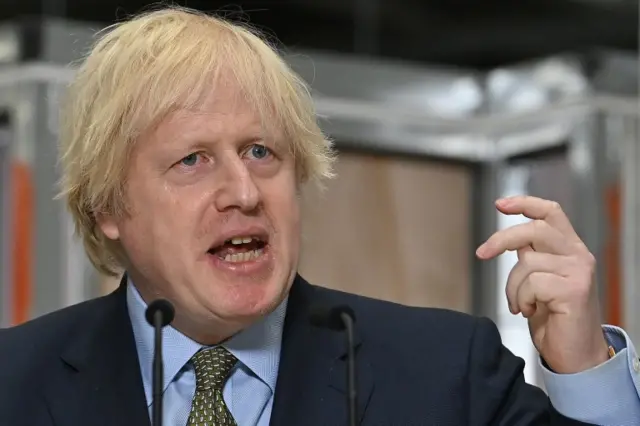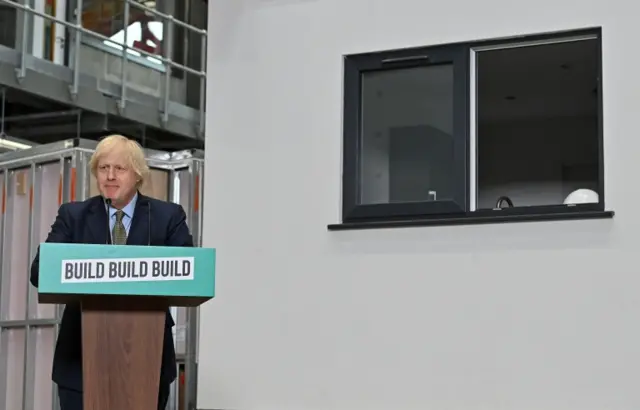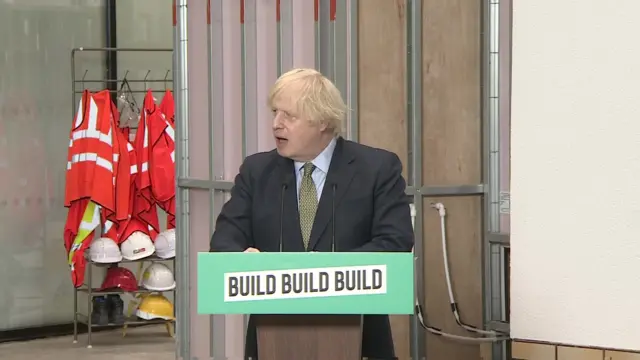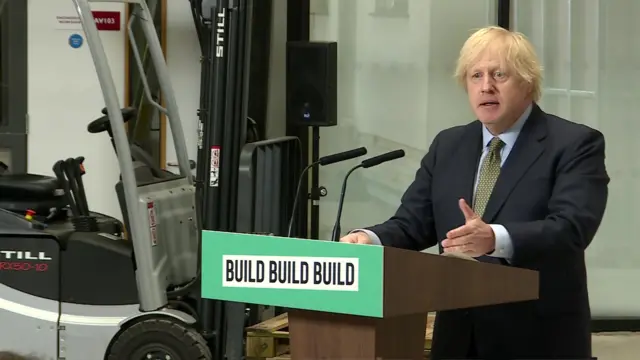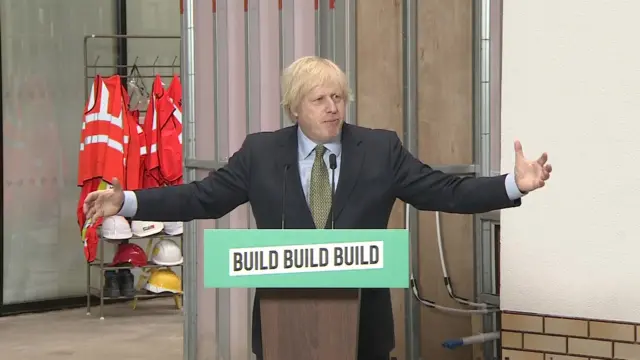Hydroxychloroquine trial to restartpublished at 13:15 BST 30 June 2020
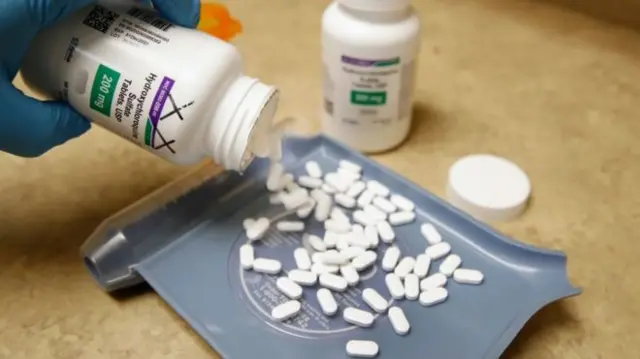
The UK has approved the resumption of tests into whether a controversial malaria drug can be used to treat coronavirus.
Regulators say, external hydroxychloroquine and a similar drug, chloroquine, can be given to healthcare workers in a clinical study to test the theory.
Recruitment to the COPCOV trial, external was paused earlier this year due to concerns about the drug's side-effects. An influential article had found it increases the risk of death in coronavirus patients, but the article has since been retracted over data concerns.
Although other studies suggest hydroxychloroquine is not a life-saver for people who are already ill with coronavirus, researchers are keen to continue exploring whether it might prevent infections.
The COPCOV trial will see chloroquine, hydroxychloroquine or a placebo given to more than 40,000 healthcare workers from Europe, Africa, Asia and South America.
